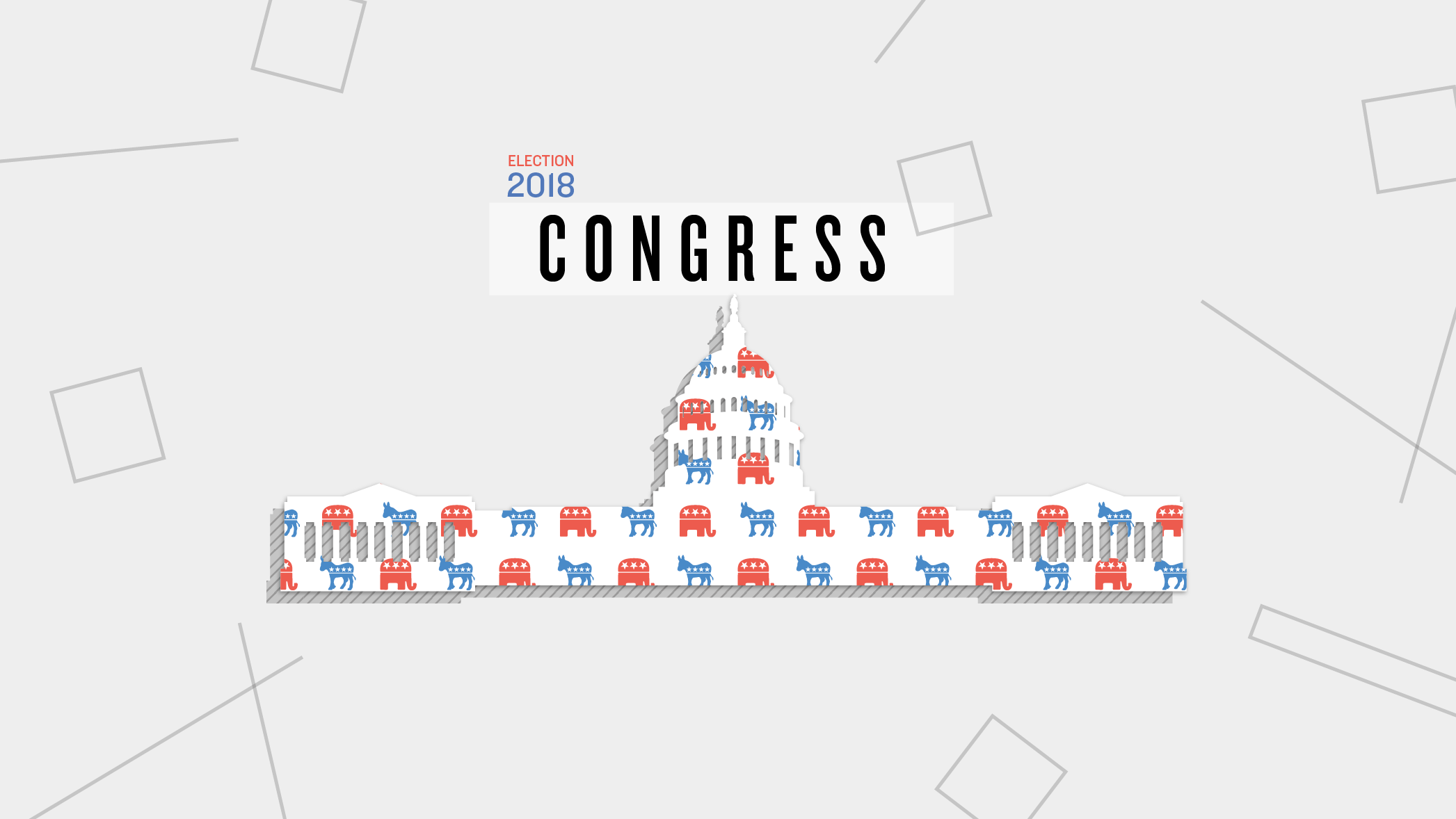Here’s what you need to know about the US midterm elections
Midterm elections are so named because they occur halfway through a Presidential term. Every seat in the House of Representatives, a third of the Senate, and a heap of governorships and state posts are all up for grabs, but the big job in the White House is not on the ballot. For this reason, midterms are usually relatively dull affairs, historically used by the electorate to give the sitting President’s party a bashing (because no one ever thinks the person in charge is doing a good job). The 2014 midterm elections felt so boring and unimportant that they were dubbed ‘the Seinfeld elections’ i.e. the elections ‘about nothing’. 2018 has proved different and there is one reason for that; Trump.
Since he descended his golden escalator in Trump Tower, the President’s influence has consumed American politics. These elections were a chance for the voters to have their say on how they think the Trump administration has been doing since it took office two years ago. Trump himself campaigned hard across the states he won biggest, declaring that the November elections were a referendum on him, even if he wasn’t actually on the ballot.
On the other side, the Democrats went into the midterm fight seeing it as a chance to rebuild their standing after many years of loss and stagnation during the Obama era, hoping to regain governorships, state legislators and ultimately, Congress. While they were not likely to win the Senate as they were defending over twice as many seats as the Republicans, and many of these in states Trump won big in 2016, they were hoping for a ‘Blue Wave’ to carry them into a majority in the House of Representatives. And with the counting of ballots almost complete, the Dems have succeeded in winning that fight by gaining nearly 30 seats and surpassing the number of 218 needed to control the House.
So what happens now?

Holding half of one of branch of federal government in the US does not give the Democrats much chance of actually enacting any policy changes. The Republican majority in the Senate means any laws they pass can be easily discarded and that chamber is where appointments to the judiciary and cabinet are decided. However, that is not say the House is without significance. The Dems can in turn stop laws passing from the Senate, making something like the repeal and replacement of Obamacare impossible. Also, holding the House gives the Democrats the keys to many committees of investigation and this is probably what Trump fears most. He started his day the morning after the results with a very combative press conference, promising to move to ‘war footing’ if the Dems move to investigate his private business dealings or tax affairs.
This shows Trump has clearly been rattled. His firing of Attorney General Jeff Sessions, a key component in the chain relating to the special investigation led by Robert Mueller into Russian interference in 2016, is exactly the kind of impulsive reaction we have come to expect him to do when under pressure. And by the way, if you’re counting, this is the 41st sacking of a significant member of the administration in as little as two years. Trump will use the opposition in the House as a foil to rally his base against. Expect to continue to hear many more mentions of the Democrats as being a mob out to sabotage his government.
The conversation will now move on immediately to the Presidential elections of 2020 and who the Democrats will put forward to try and remove Trump from power. Apart from a few loud outliers, the great majority of the Dems elected to the House are not progressive die-hards. In fact, in order to win in the so called ‘Purple’ districts, many voiced the same concerns about immigration that Trump has pushed at his rallies. The big debate between the talking heads within that party will now be whether they need a Joe Biden style moderate or a Beto O’Rourke/Elizabeth Warren firebrand progressive to beat Trump. Ultimately at this point, debates such these are pretty futile. There will be nearly twenty months of warfare among those hoping for the nomination and it is impossible to say what will take precedence in the news cycle next week, let alone over all that amount of time.
What are the other big take aways from the elections?

Most Diverse House Yet
The candidates in this election proved to be the most diverse yet in terms of gender, ethnicity and sexuality, and many of these won their seats. The House and Senate will have more women than ever before and a plenty of ‘firsts’ in terms representation including; 36 year Ilhan Omar who was born in Somalia and came to the US as a refugee, 29 year old Alexandria Ocasio-Cortez who is youngest woman yet elected to Congress and Sharice Davids who will be the on of the two first Native American women (but more importantly, the first ever MMA fighter).
Trump is the Emperor of the Republican Party
As mentioned already, Trump tried his best to make this election about him. It will take a number of weeks for the analysts to properly digest the stats coming from the exit polls across the country, but at first glance it appears that those states who voted for Trump in 2016 have proved loyal. Republicans who tried to lean away from the President lost their seats, whereas those who embraced him, such as former primary opponent Ted Cruz of Texas, ended up being rewarded by the party’s base. There is now little to no opposition to Trump among Republican representatives*, something that shows just how polarised and partisan the United States has become.
*One caveat is Mitt Romney, the former presidential candidate who won a Senate seat in Utah. While he was a hardcore ‘Never Trumper’ during 2016, he has been very quiet since then and it remains to be seen how much of a maverick he will prove to be over the next two years.
